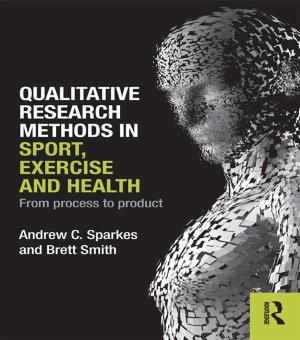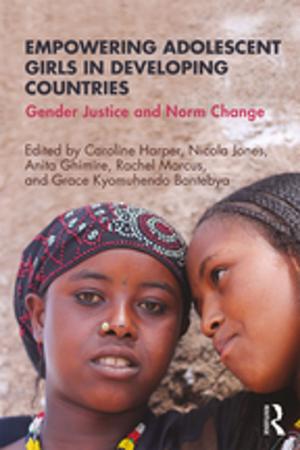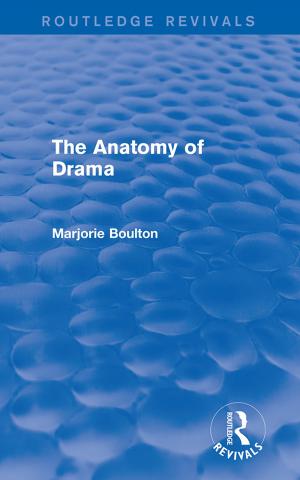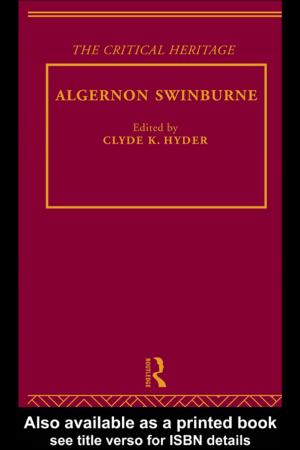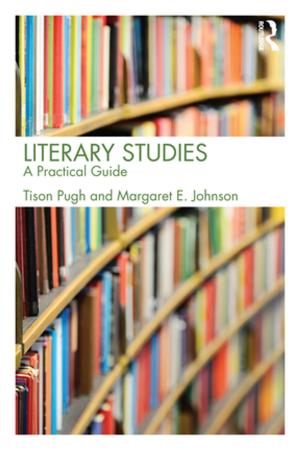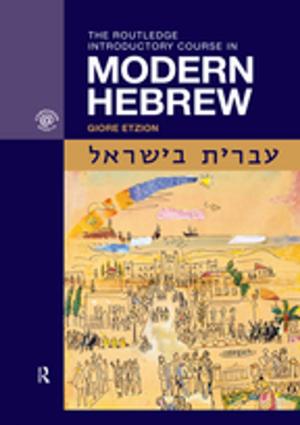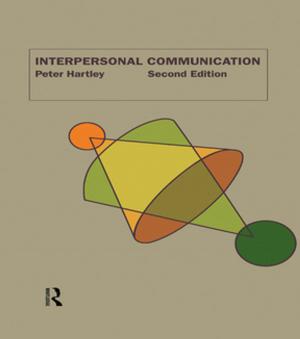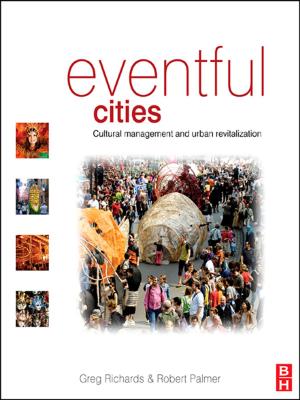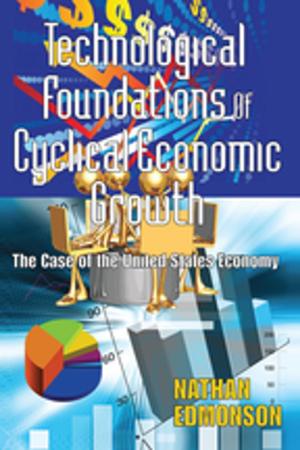Gifted and Talented Children 4-11
Understanding and Supporting their Development
Nonfiction, Reference & Language, Education & Teaching| Author: | Christine MacIntyre | ISBN: | 9781134039302 |
| Publisher: | Taylor and Francis | Publication: | May 20, 2008 |
| Imprint: | Routledge | Language: | English |
| Author: | Christine MacIntyre |
| ISBN: | 9781134039302 |
| Publisher: | Taylor and Francis |
| Publication: | May 20, 2008 |
| Imprint: | Routledge |
| Language: | English |
Can you recognize and tell the difference between gifted and talented children? Do you know how to provide the support they need?
Responding directly to current thinking in education, this book raises practitioners’ expectations, and shows you how to identify children in your class as gifted and talented.
Christine Macintyre addresses the nature/nurture debate in relation to gifted and talented children, and discusses related topics such as the norms of development and domains of learning.
Essential reading for all primary teachers and teaching assistants, this fascinating book is full of practical suggestions enabling you to:
- recognise the innate nature of giftedness
- provide the teaching required for talent to emerge
- understand the experiences of gifted and talented children
- develop activities to challenge and encourage your gifted and talented children to widen their repertoire of skills and abilities
A chapter on neurological development is included to confront questions such as "what is it that enables children to do well", and even "Is there a gene for genius?" Contrasting and conflicting answers are shared and debated.
Finally, the issue of gifted and talented children with a learning difference/disability is raised and examples are given of how this ASD (asynchronous development) can hinder the recognition of gifts and talents in these children.
Can you recognize and tell the difference between gifted and talented children? Do you know how to provide the support they need?
Responding directly to current thinking in education, this book raises practitioners’ expectations, and shows you how to identify children in your class as gifted and talented.
Christine Macintyre addresses the nature/nurture debate in relation to gifted and talented children, and discusses related topics such as the norms of development and domains of learning.
Essential reading for all primary teachers and teaching assistants, this fascinating book is full of practical suggestions enabling you to:
- recognise the innate nature of giftedness
- provide the teaching required for talent to emerge
- understand the experiences of gifted and talented children
- develop activities to challenge and encourage your gifted and talented children to widen their repertoire of skills and abilities
A chapter on neurological development is included to confront questions such as "what is it that enables children to do well", and even "Is there a gene for genius?" Contrasting and conflicting answers are shared and debated.
Finally, the issue of gifted and talented children with a learning difference/disability is raised and examples are given of how this ASD (asynchronous development) can hinder the recognition of gifts and talents in these children.

